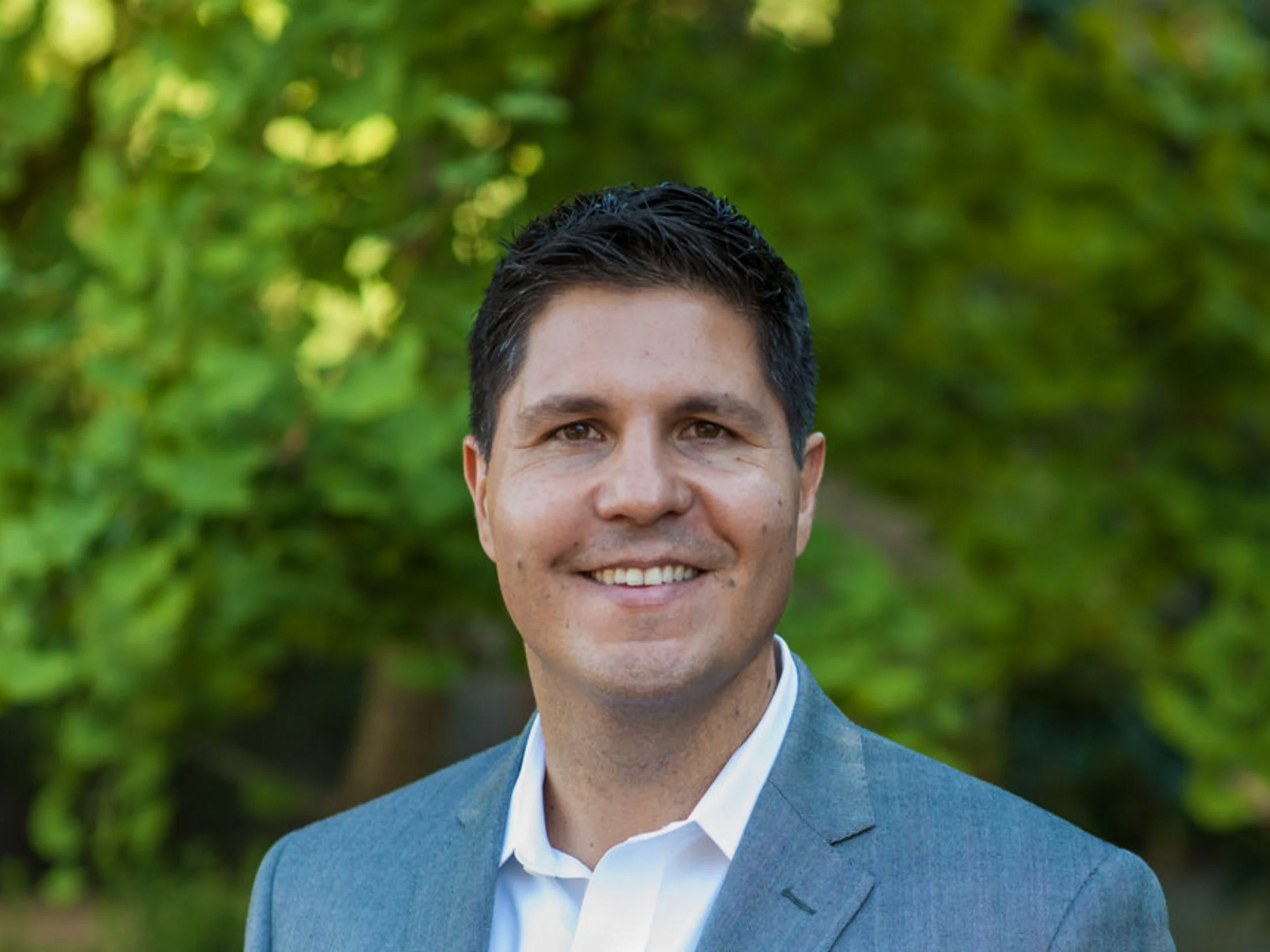Indianz.Com > News > Gabe Galanda: Addressing civil rights in Indian Country

Tribal Nationhood Requires Citizen Civil Rights Protection
Monday, March 7, 2022
The United Nations’ intercession in a human rights calamity on Nooksack tribal lands in northern Washington state spotlights an unacceptable truth: Tribal citizens are the only United States citizens not universally guaranteed civil rights protection.
Before 1776, Indigenous kinship societies did not honor individual rights. Reciprocal obligation and duty were normative among Indigenous groups, who commonly self-identified as “the People.” According to Vine Deloria, Jr. and Clifford Lytle in The Nations Within, there was “no concept of civil rights because every member of the society was related, by blood or clan responsibilities, to every other member.”
Rights were unnecessary. As Ella Deloria explained in Speaking of Indians: “The dictates of kinship demanded of relatives that they not harm each other.”
Gabriel S. Galanda is an Indigenous rights lawyer in Seattle. He belongs to the Round Valley Indian Tribes of northern California. This opinion derives from his forthcoming academic essay, “In the Spirit of Vine Deloria, Jr.: Indigenous Kinship Renewal and Relational Sovereignty.”
Search
Filed Under
Tags
More Headlines
‘Mr. Secretary, Why are you silent?’: Interior Department cuts impact Indian Country
Native America Calling: Native shows and Native content to watch
VIDEO: Oversight Hearing to Examine Native Communities’ Priorities for the 119th Congress
AUDIO: Oversight Hearing to Examine Native Communities’ Priorities for the 119th Congress
AUDIO: Leaving Indian Children Behind: Reviewing the State of BIE Schools
Cronkite News: Native student program shuts down due to President Trump
NAFOA: 5 Things You Need to Know this Week (March 3, 2025)
Filmmaker Julian Brave NoiseCat makes history at Academy Award ceremony
Senate Committee on Indian Affairs schedules business meeting to consider bills
Chuck Hoskin: Cherokee Nation advocates for Indian Country
Native America Calling: Native education advocates assess the new political landscape
AUDIO: American Indian and Alaska Native Public Witness Hearing Day 3
Native America Calling: The Trump administration, endangered fish and a new book
AUDIO: American Indian and Alaska Native Public Witness Hearing Day 2, Afternoon Session
AUDIO: American Indian and Alaska Native Public Witness Hearing Day 2, Morning Session
More Headlines
Native America Calling: Native shows and Native content to watch
VIDEO: Oversight Hearing to Examine Native Communities’ Priorities for the 119th Congress
AUDIO: Oversight Hearing to Examine Native Communities’ Priorities for the 119th Congress
AUDIO: Leaving Indian Children Behind: Reviewing the State of BIE Schools
Cronkite News: Native student program shuts down due to President Trump
NAFOA: 5 Things You Need to Know this Week (March 3, 2025)
Filmmaker Julian Brave NoiseCat makes history at Academy Award ceremony
Senate Committee on Indian Affairs schedules business meeting to consider bills
Chuck Hoskin: Cherokee Nation advocates for Indian Country
Native America Calling: Native education advocates assess the new political landscape
AUDIO: American Indian and Alaska Native Public Witness Hearing Day 3
Native America Calling: The Trump administration, endangered fish and a new book
AUDIO: American Indian and Alaska Native Public Witness Hearing Day 2, Afternoon Session
AUDIO: American Indian and Alaska Native Public Witness Hearing Day 2, Morning Session
More Headlines


